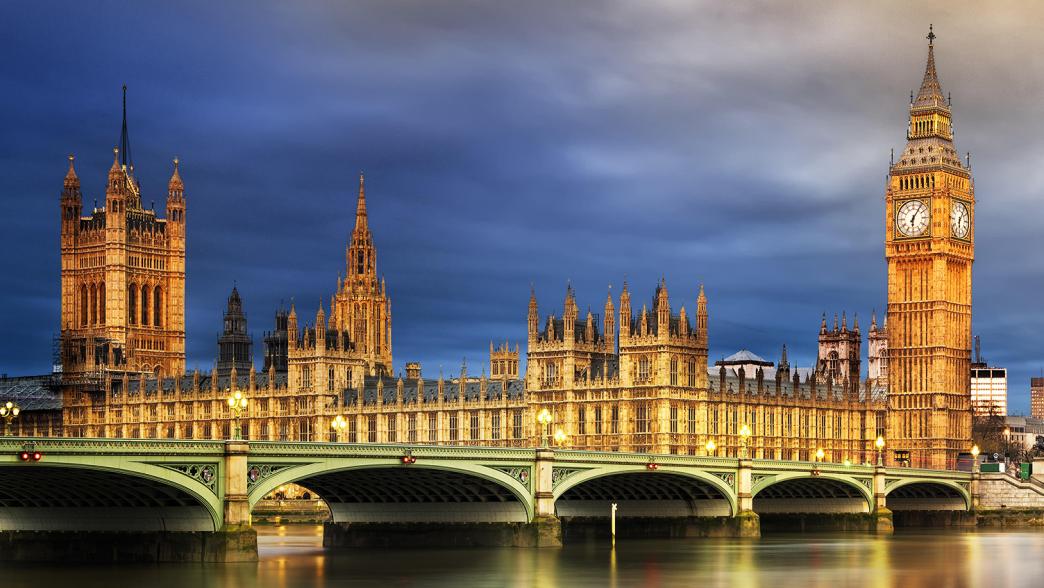Contempt of parliament
What is contempt of parliament?

What is contempt of parliament?

The Whips’ Office is crucial for achieving any government’s agenda. How has the role changed in the past and how might it change in the future?
ConservativeHome’s Henry Hill joins the podcast team to make sense of the Gaza debate and to weigh up how much trouble Speaker Lindsay Hoyle is in.
Bloomberg picks up on Dr Hannah White's comment piece, "Party political game-playing over Gaza conflict brings parliament into disrepute".
Dr Hannah White appears on Sky News' daily podcast to discuss Speaker Lindsay Hoyle's procedural decision and its fallout.